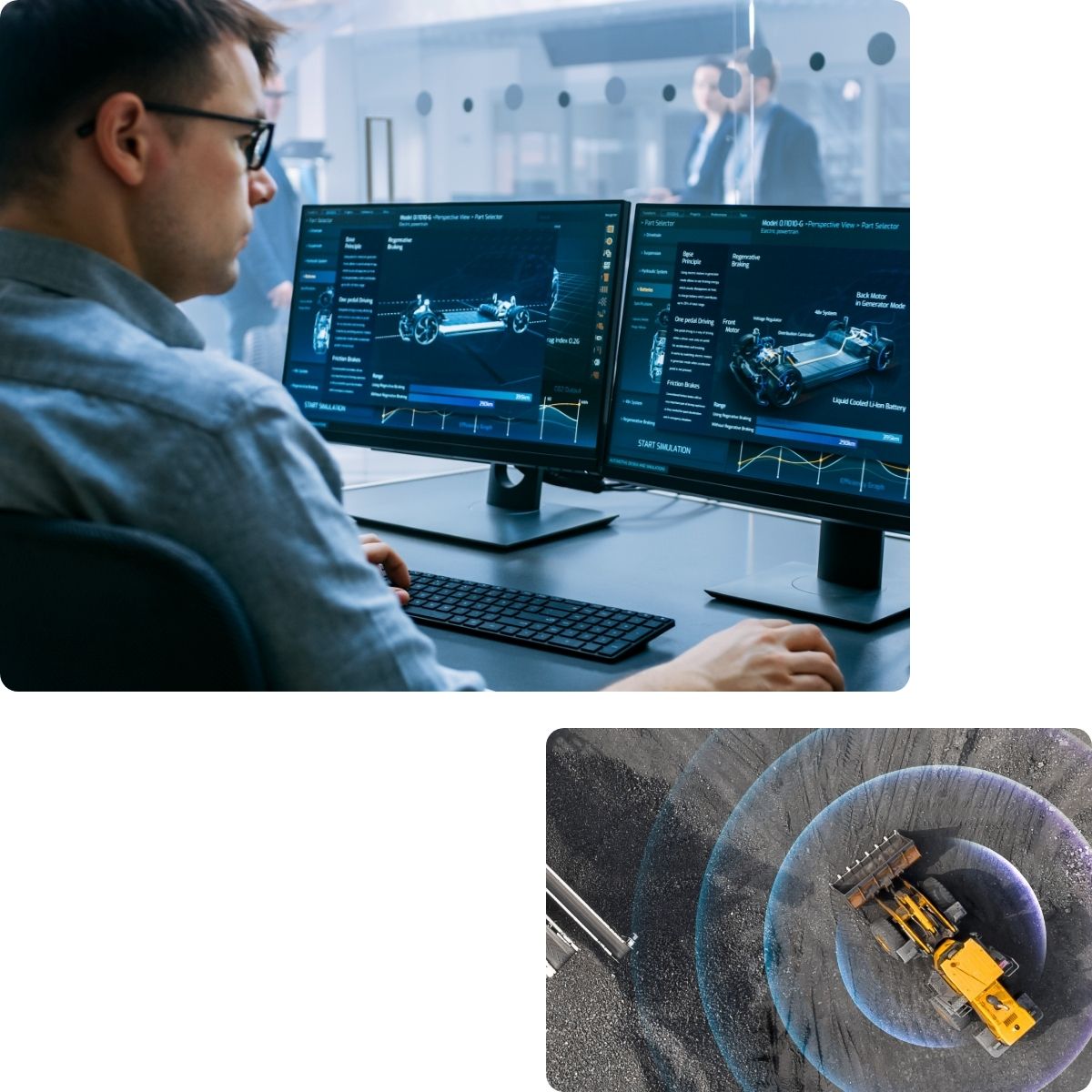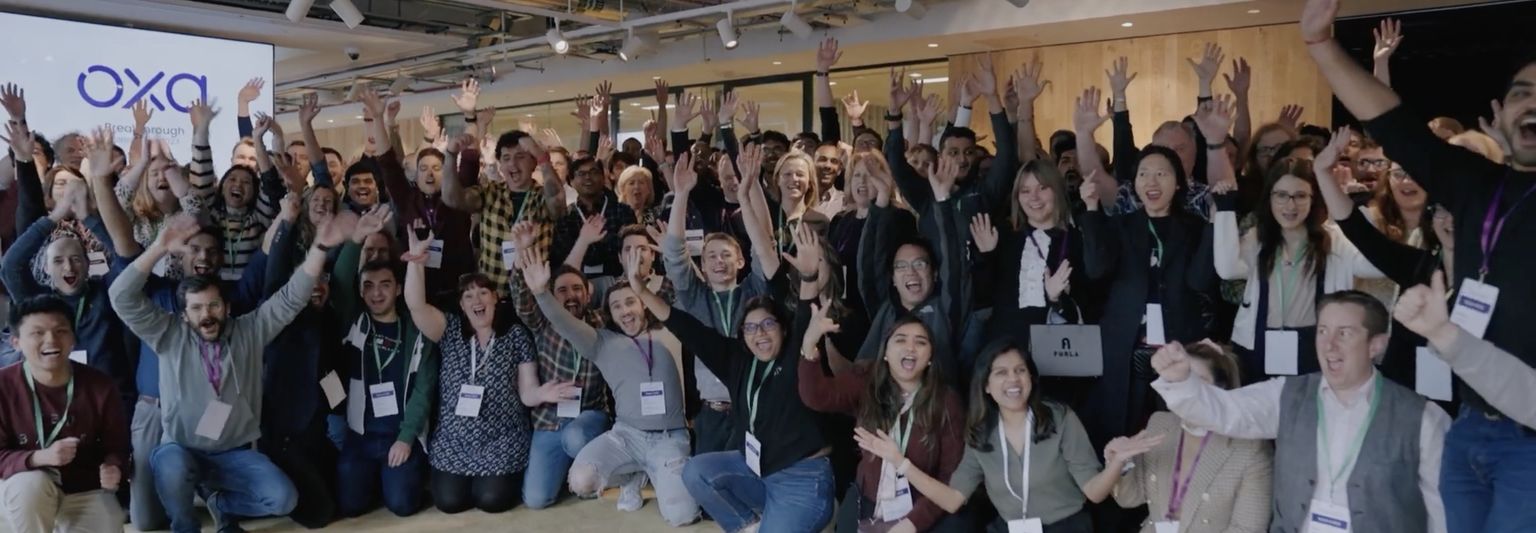
We’re changing the way the Earth moves — for the better
At Oxa, we are changing the way the Earth moves. From passenger shuttles to industrial vehicles, our self-driving software platform is transforming the way people and goods are transported — safely, securely and efficiently.
What drives us
At Oxa, our core values and leadership principles are more than words — they’re a way of life. They are the mindsets we embrace, the choices we make and the actions we take.
Customer First | Inventing the Future | Humility Wins | Stronger Together

Creating a better future for both people and the planet
We believe autonomous vehicle technology will help unlock a safer, cleaner, more sustainable future. That’s the big picture stuff. At Oxa, we also take care of the details, with low-energy software, some of the world’s most energy-efficient data storage, and sophisticated virtual testing technology that ensures each virtual test mile driven uses 15 times less energy than a real-world mile. And of course, Oxa is carbon neutral too.
Working at Oxa

Flexibility and family friendly policies
We know there’s no one-size-fits-all approach to flexibility that allows everyone to balance work and life, which is why we provide multiple flexible options to help employees do their best work.

Learning and development
We provide learning opportunities and ongoing, company-wide training to help our team members continually grow, whatever stage of their career they’re at.

Diversity and inclusion
Great minds don’t think alike. To build technology that works for everyone, we need diversity of thinking. In our inclusive culture, everyone is welcome.
Benefits at Oxa
Financial wellbeing
We provide compensation and programmes that give our employees financial peace of mind, including a competitive, benchmarked salary and an employer-matched pension plan (up to 5% of salary). Our core benefits package also includes life assurance (4x salary) and income protection.
Health and wellness
Our generous suite of core benefits includes market-leading individual private medical (with coverage for neurodivergence, trans support and menopause), critical illness cover, and a health cash plan (including gym discounts).
Community
We’re committed to nurturing and empowering our employees. And we do this in many ways, from employee resource groups, to safe assigned spaces for team members with individual and diverse needs.
Extras
We are proud to offer relocation support, a fully-funded visa programme, regular socials and meet-ups, as well as a ‘Perks at Work’ employee discount platform. A £2,000 flexible fund is also offered, to apply against a range of additional benefits such as dental, enhanced health cash plans, cycle to work, and tech schemes.
Join us
Take your career to the next level. Discover the perfect job for you.











